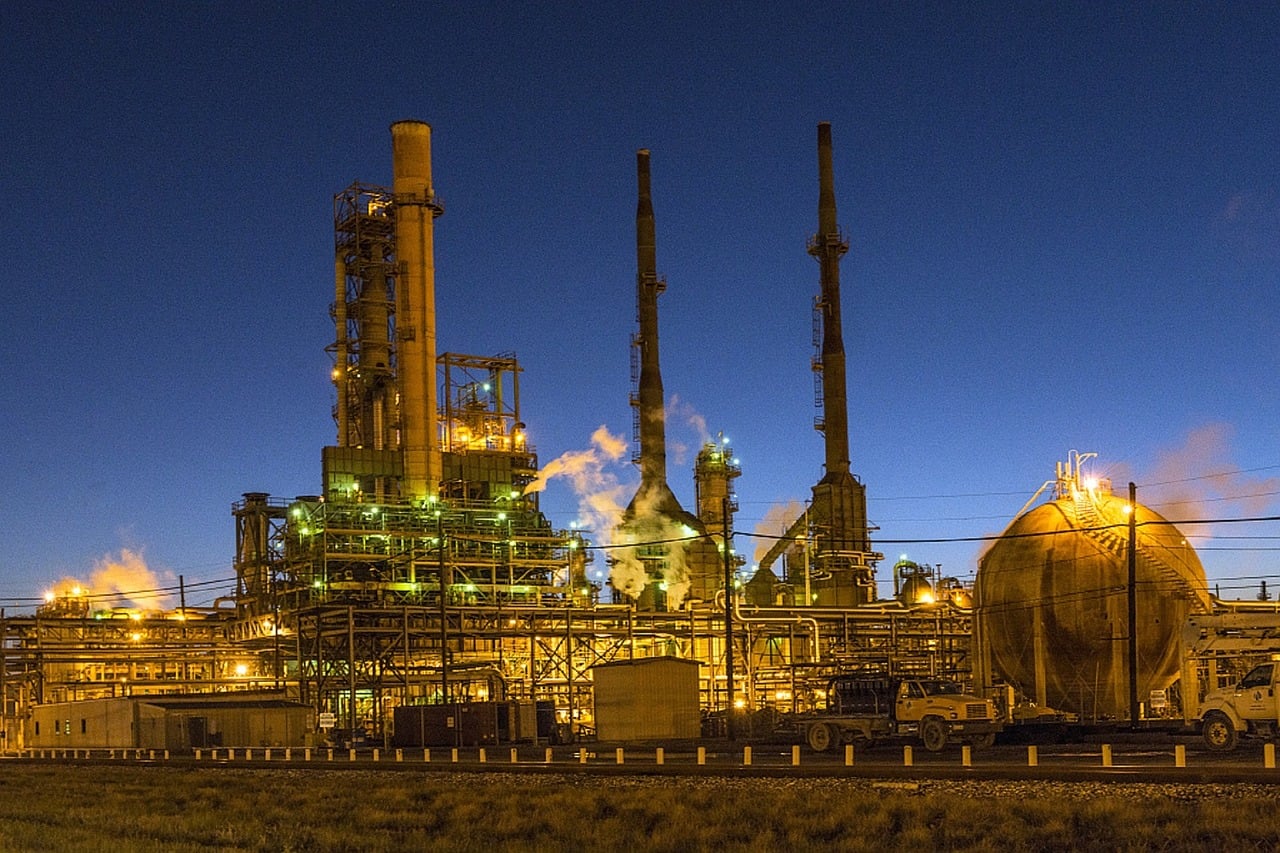Oil prices continue their charge toward fresh peaks to reach $139 per barrel Monday, the highest in over 14 years. The possibility of the U.S. and Europe banning Russian oil imports has spread fears of market supply, with the likelihood of turning to Iranian crude drifting away.
Q4 2021 hedge fund letters, conferences and more
Oil Prices Soar
As reported by Reuters, Brent crude topped $139.13 per barrel while U.S. West Intermediate (WTI) reached $130.50. In just a few hours, prices receded to $125.55 (6.3%) and $123.37 (6.7%) respectively.
UBS commodity analyst Giovanni Staunovo said, “We consider $125 per barrel, our near-term forecast for Brent crude oil, as a soft cap for prices, although prices could rise even higher should disruptions worsen or continue for a longer period.”
Since the start of 2022, oil prices have increased 60% triggering stagflation fears and dealing a big blow to the post-pandemic economic recovery. Experts have started to point to a ripple effect amid the Russia-Ukraine war.
A ban on Russian oil could spawn a shortfall of 5 million barrels per day, and oil prices could go up as high as $200 per barrel.
Sanctions To Continue
According to Fox Business, “June Brent contracts also increased as a $150-a-barrel call option doubled just ahead of the weekend and a $180-a-barrel option jumped 110%.”
In Europe, Germany is resolute to deflate the Russian economy as Annalena Baerbock, the head of German diplomacy told the ARD network: “We must be able to maintain [sanctions] over time. They will be useless if in three weeks we discover that we only have a few days of electricity in Germany and that the sanctions should be reversed.”
“We are willing to pay a very, very high economic price [but ] if tomorrow in Germany or in Europe the lights go out, that is not going to stop the tanks.”
EU imports of Russian oil and gas represent 27% and 41%, respectively, according to 2019 data from Eurostat. The U.S. is less dependent on the Eurasian giant as, according to the United States Energy Information Administration (EIA), imports of Russian oil account for 7.9%.






